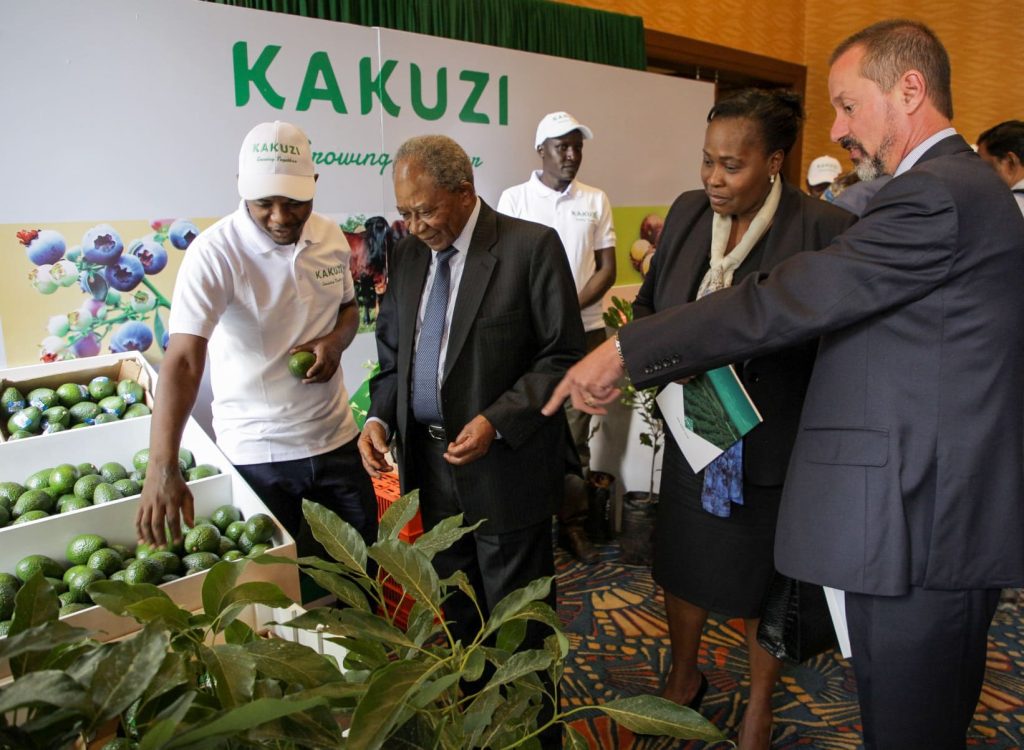Kakuzi, a leading superfoods producer, faced a challenging business environment in 2024 due to adverse weather conditions, currency fluctuations, and geopolitical tensions. These factors contributed to a pre-tax loss of KES 167 million. However, the company remains committed to overcoming these hurdles by integrating Agricultural Technology – AgTech into its operations to boost productivity and efficiency.

Weather and Market Challenges
Excessive rainfall in early 2024 led to waterlogging, which negatively impacted fruit production. As a result, avocado yields dropped significantly, with Hass and Pinkerton varieties decreasing by 23% and 19%, respectively. The quality of avocados reaching European markets was also affected by prolonged shipping times due to disruptions in the Red Sea route, forcing exporters to use the longer Cape of Good Hope route.
Additionally, the strengthening of the Kenya Shilling against the Euro reduced export revenues. While Kakuzi posted a decline in avocado profits from Ksh 1.37 billion in 2023 to Ksh 361 million in 2024, other divisions, including macadamia, forestry, and livestock, showed growth. The macadamia division recovered to a profit of Ksh 69 million from a loss of Ksh 354 million the previous year, demonstrating the benefits of Kakuzi’s diversification strategy.
AgTech Solutions Driving Efficiency
Recognizing the critical role of innovation in mitigating agricultural risks, Kakuzi is investing in AgTech solutions to enhance productivity. The company is adopting artificial intelligence [AI] and autonomous agricultural technologies such as drones to improve monitoring, irrigation, and harvesting processes. AI-driven data analytics are being used to predict weather patterns and optimize farming practices, helping farmers adapt to climate uncertainties.
The implementation of precision agriculture techniques allows Kakuzi to manage resources more efficiently, reducing wastage and improving yield quality. Automated irrigation systems ensure optimal water usage, mitigating the effects of unpredictable rainfall. Additionally, advanced soil health monitoring tools help maintain nutrient balance, promoting healthier crops.
Exploring New Markets
To reduce reliance on European markets, Kakuzi is actively exploring high-value export opportunities in China, India, and North America. With the U.S. consuming 1.3 million metric tonnes of avocados in 2024—far exceeding Europe’s 0.9 million metric tonnes—North America presents a promising growth avenue for Kenyan avocados.
Kakuzi’s leadership emphasizes the importance of industry-wide collaboration between public and private stakeholders to secure new market access. The company’s strategic approach to logistics, including adapting to longer shipping routes, aims to ensure continued quality in global markets.
Despite economic challenges, Kakuzi remains optimistic about the role of AgTech in enhancing productivity and competitiveness. By embracing digital farming solutions, AI-driven analytics, and precision agriculture, the company is positioning itself for sustainable growth. As geopolitical uncertainties persist, technology-driven strategies will be key to ensuring resilience in Kenya’s agricultural export sector.






